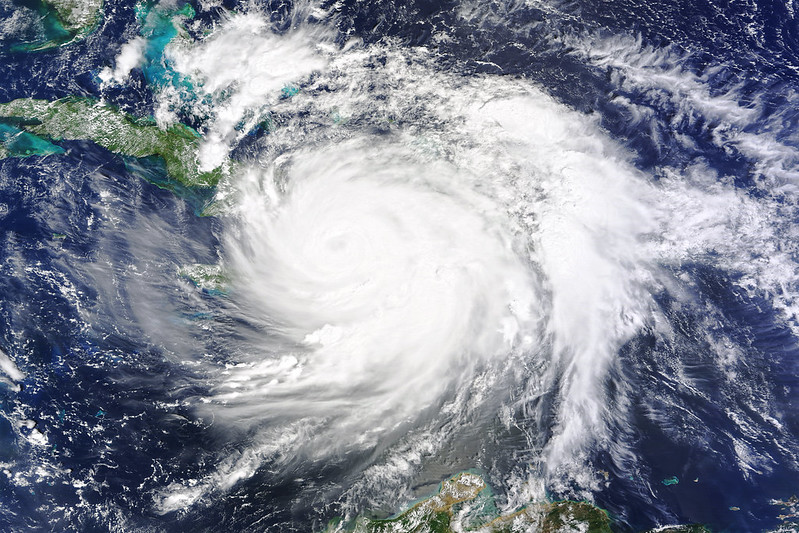On Tuesday Sept. 24, Governor Brian Kemp declared Georgia in a state of emergency due to the hurricane, Helene, that has emerged in the Gulf of Florida. The majority of the state, including all of the University of North Georgia campuses, are expected to be impacted by high drafts of wind and rainfall.
Helene, a Category 3 hurricane said to be “fast moving,” is expected to make an impact on Georgia starting Wednesday afternoon due to the storm’s cold front. One concern is the possibility of power outages and wind damages throughout the weekend. Many of the southern counties of the state are in a potential flood threat. Depending on the area, rain is expected to be between four and eight inches and wind gusts are projected to be nearly 17 miles per hour.
With Georgia under a state of emergency, this results in immediate resource assistance in the aftermath of devastation. Georgia’s fire, EMS, police and county emergency managers will provide first-level response services if a disaster is declared. The declaration that was published today also activated the Georgia National Guard to step in in times of need.
Taking many precautions is helpful during a power outage. Flashlights and batteries should be on hand, as well as food that does not need to be cooked. When it comes to portable devices (Cellphones, tablets, and laptops), they should be charged beforehand. In case of flash floods, it is suggested to not park near storm drains, nor under large trees.
Helene first formed in the northwestern Caribbean Sea south of Florida and will continue to strengthen as it enters warmer waters in the Gulf. The sea-surface temperatures in Helene’s path are roughly 89 degrees Fahrenheit, which is higher than normal.
“Determining the strength of a hurricane is sea-surface temperatures. The fact that soon to be, Hurricane, Helene is traveling across the warm Gulf of Mexico means that it will rapidly strengthen as the water provides the energy and moisture needed to fuel the storm.” – Dr. Jacob Bateman McDonald, UNG Physical Geography Professor
Many universities in the western part of Florida have begun to cancel classes until next week. This part of Florida is expected to have “life threatening” damages. So far there are no comments on any local school closures in UNG’s area.
























